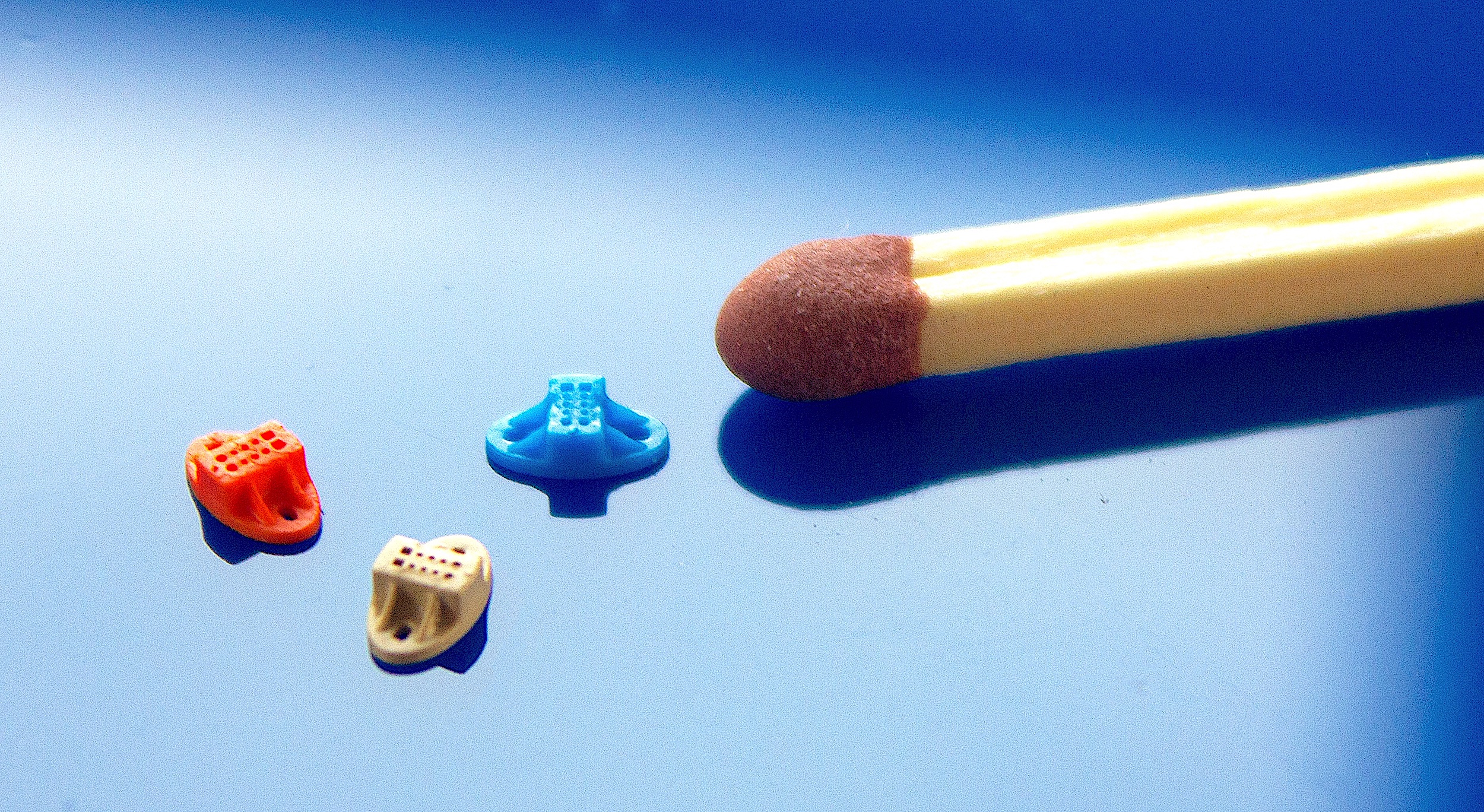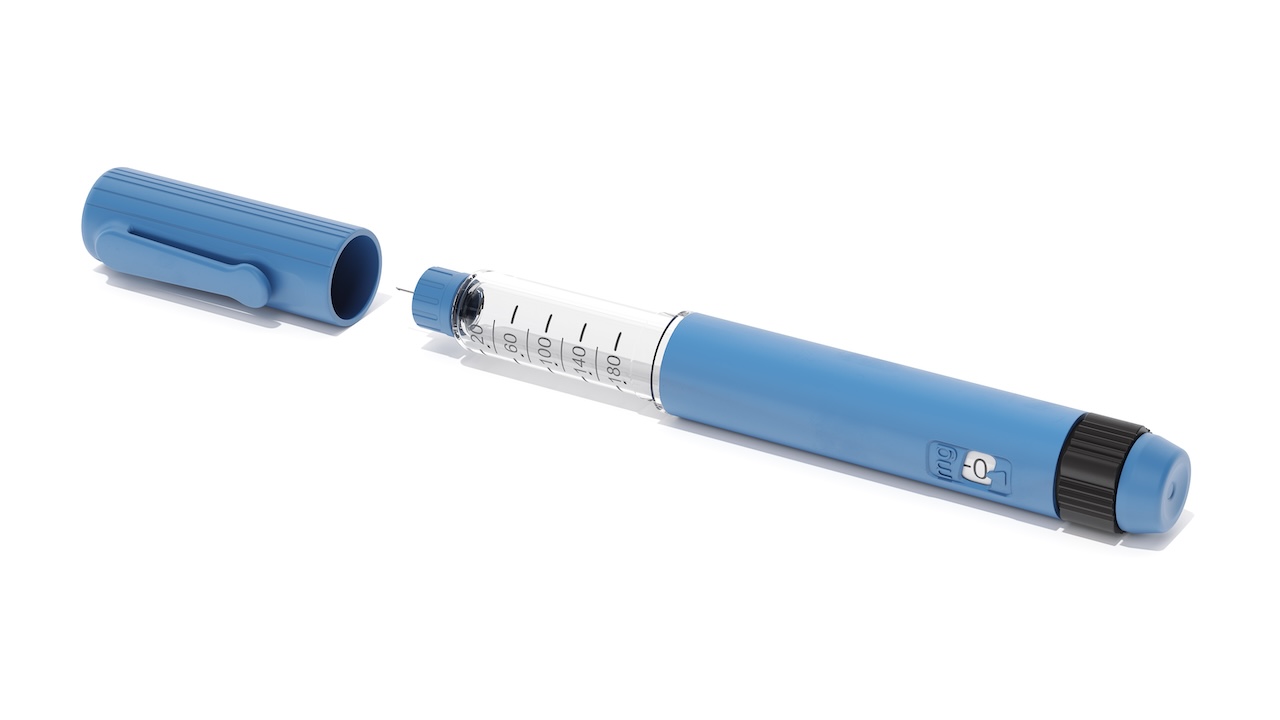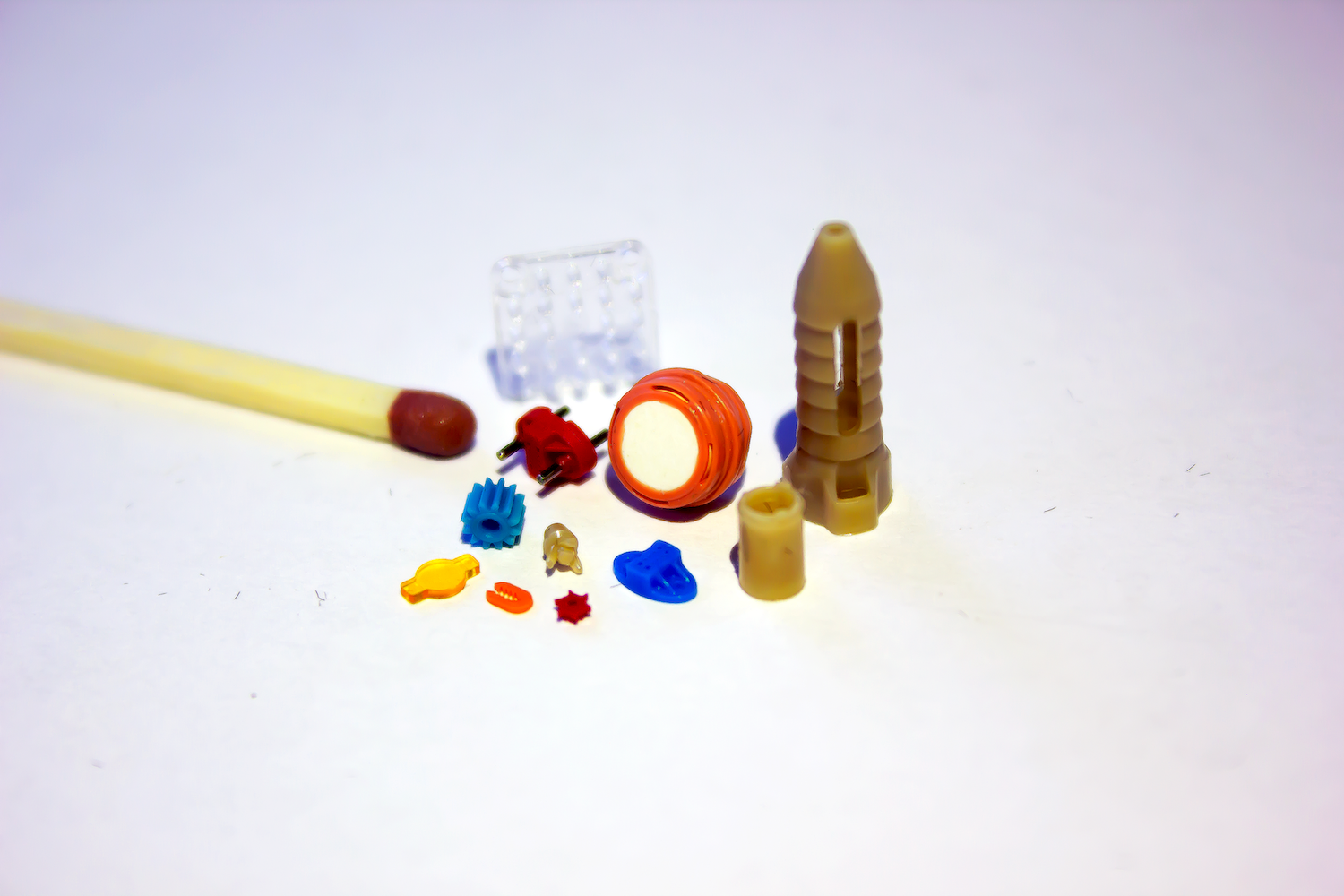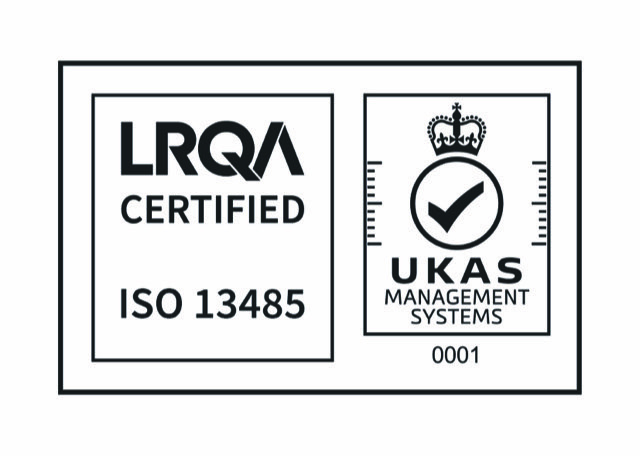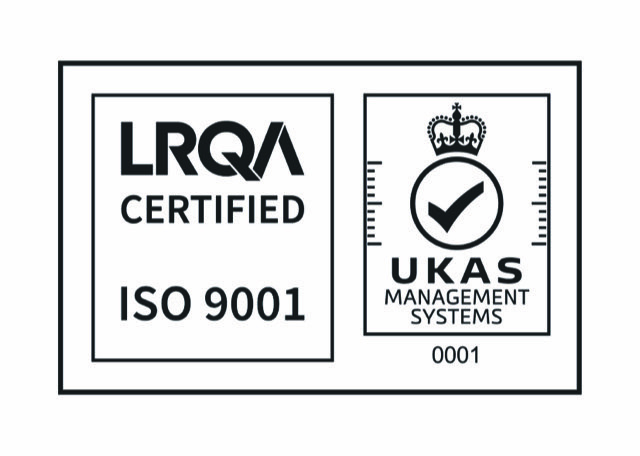What is Turnkey Manufacturing?
The manufacturing environment can be difficult to understand and negotiate, especially for startups or businesses that rely on specialised fabrication, machining, and assembly. Turnkey manufacturing offers the level of knowledge, support and efficiency that many businesses require to compete successfully.
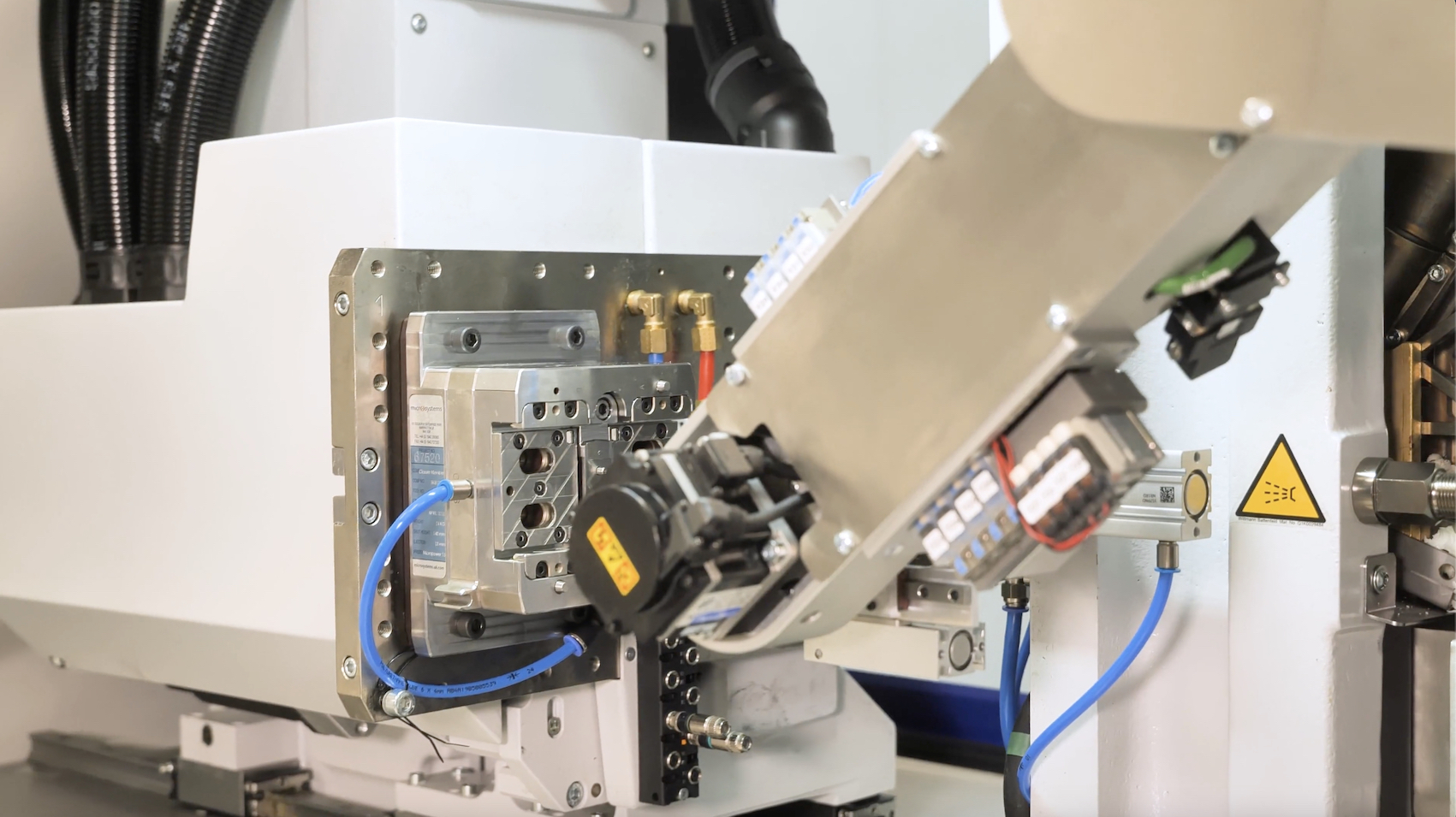
Definition of Turnkey Manufacturing
With turnkey manufacturing, a single business is responsible for managing all stages of a project, from product design to production, packaging, and shipping, as well as quality assurance and vendor contacts. The “turnkey” term refers to one business acting as a project manager to effectively complete the client’s project, rather than meaning that the business performs all work internally.
The turnkey manufacturing contractor (the business that takes on the turnkey project) could provide help during the initial design process, machining and tooling, quality assurance, to production, packaging and delivery.
In turnkey projects, the clients do not need to hand over all tasks to their turnkey contractor, instead, they can collaborate to provide basic ideas and concepts, or to provide inputs in other stages like choosing equipment, changing the materials, etc. Still, the majority of the job is carried outside by a third-party business that has the expertise and knowledge required to carry out the design and manufacture that can quickly optimise the production, packaging, or processing lines.
Turnkey manufacturing is especially common in industries with unusual or particularly difficult production requirements like medical devices, aerospace, life sciences and semiconductor industries. Turnkey contractors must meet the strict regulations and standards for the manufacturing and handling processes that their clients require, at the same time, ensure all documentations and administrative works are recorded effectively.
Benefits of Turnkey Manufacturing
Turnkey manufacturing brings a number of benefits to project owners in terms of costs, time, quality and efficiency, allowing them to focus on their core business operations.
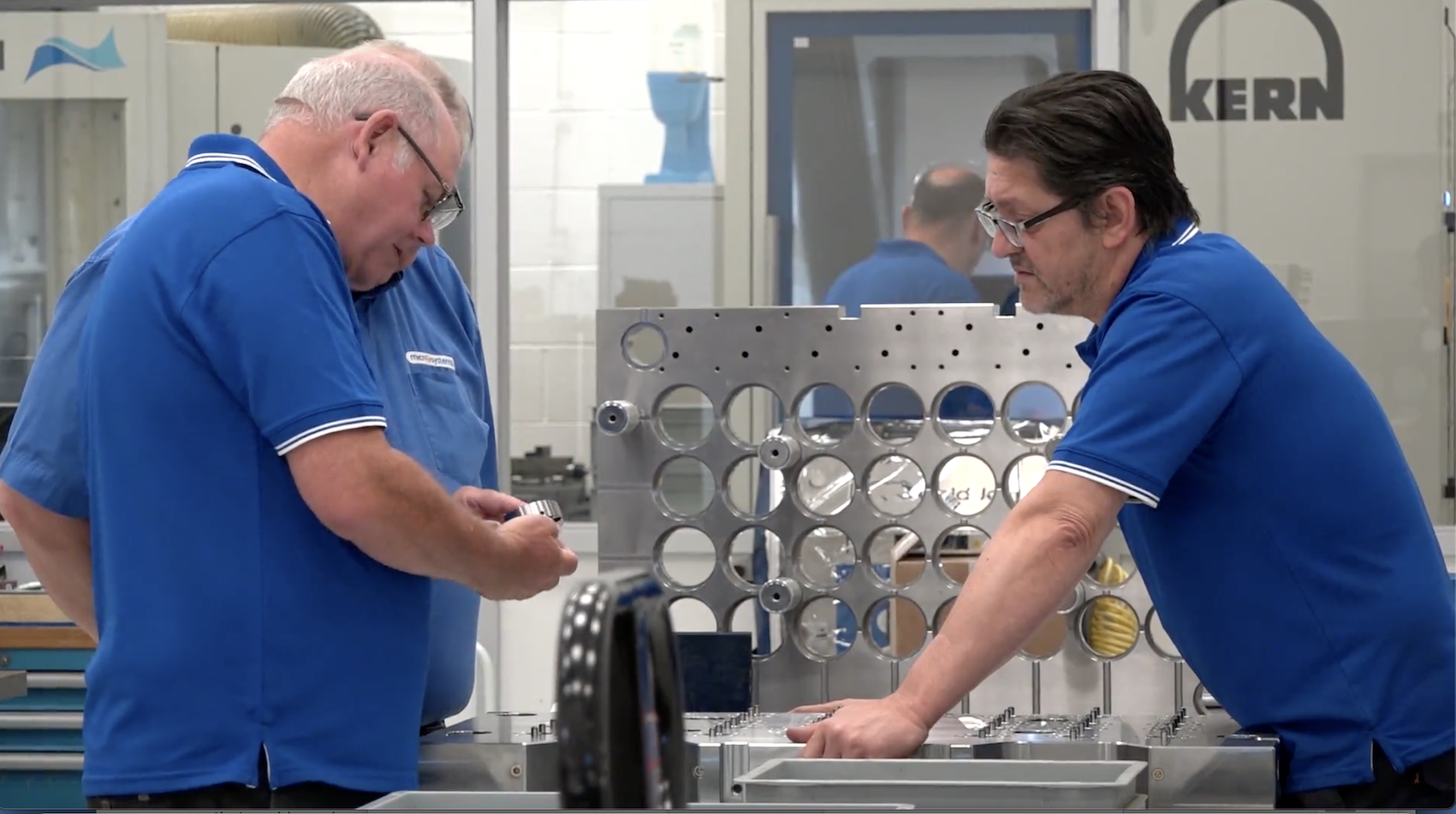
Single point of contact
Having a turnkey contractor could save a lot of time and effort in communication and other administrative works like invoicing, tracking, etc. A report also showed that SMEs are spending on average 120 hours per year on manual, administrative drudgery, which is significant regarding their size. Rather than contacting multiple contractors and suppliers, the company now can simply contact the turnkey manufacturer, and, in most cases, the rest of the relevant parties (equipment designer, manufacturer, etc.) would be dealt with by the turnkey manufacturer. Consequently, tasks are simpler to organize and needless misunderstandings could be avoided, since all manufacturing steps are centralized under one organization.
Save production times
Long lead times are sometimes a result of organizational problems, misunderstanding and excessive capability variance that can easily occur when many organizations collaborate on the same project. For example, without using a turnkey manufacturer, a company would need to contact and discuss with the designers and manufacturers separately everytime there is a change in their initial design, meaning more time is wasted and the chance of miscommunication is higher.
In turnkey projects, the entire production process is managed by one business, so that turnkey manufacturers can make products more accurately and quickly thanks to improved task coordination and a more simplified communication approach. Furthermore, the members and sub-contractors of the turnkey manufacturer are committed to delivering a high-quality product in accordance with the predetermined design specifications, along with a more organized and efficient workflow, the productivity could be improved, and the time to market could be significantly shortened.
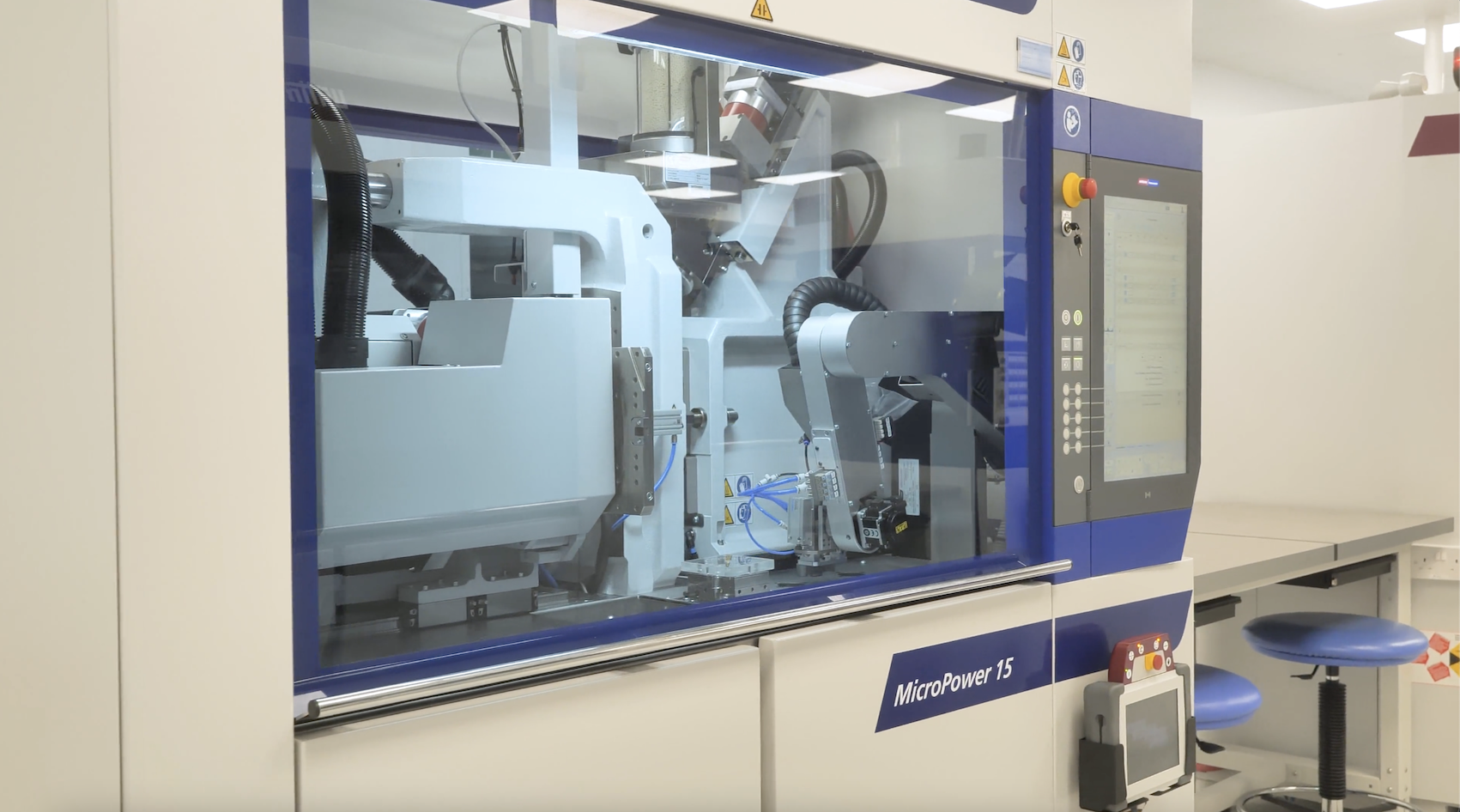
Cost savings and Price certainty
Using a turnkey manufacturer could help businesses avoid the high costs associated with setting up a manufacturing facility, paying personnel, running a supply chain, storing supplies, and making other expensive expenditures. Furthermore, having experiences and integrity in the industry, turnkey manufacturers could have the power to bargain with their suppliers for lower rates, take advantage of economies of scale, and lessen the need for numerous contracts, hence reducing the overall cost of the project.
The turnkey manufacturer can also be more likely to commit to a fixed lump sum cost during discussions at the beginning of the project, hence minimizing unexpected cost overruns, reducing financial unknowns and providing clients with the ability to precisely measure their return on investment (ROI).
Again, as “time is money”, the shorter time to market benefit as mentioned above means that companies not only save money from fewer mistakes, less production length, but also they can start selling to the public earlier and making money.
Quality assurance
When compared to conventional project delivery approaches, turnkey projects frequently provide work of higher quality as there are less chances for misunderstandings and errors since the turnkey manufacturer in charge of completing the turnkey project has control over both design and manufacturing. Turnkey manufacturing could also allow changes and updates in the design or manufacturing process with more ease, accuracy and less misunderstanding. Additionally, the turnkey manufacturer could establish quality criteria up front to guarantee uniformity throughout the design, manufacturing, and other related teams.
The effective collaboration between teams allows the project owners to have a higher confidence in the project success.
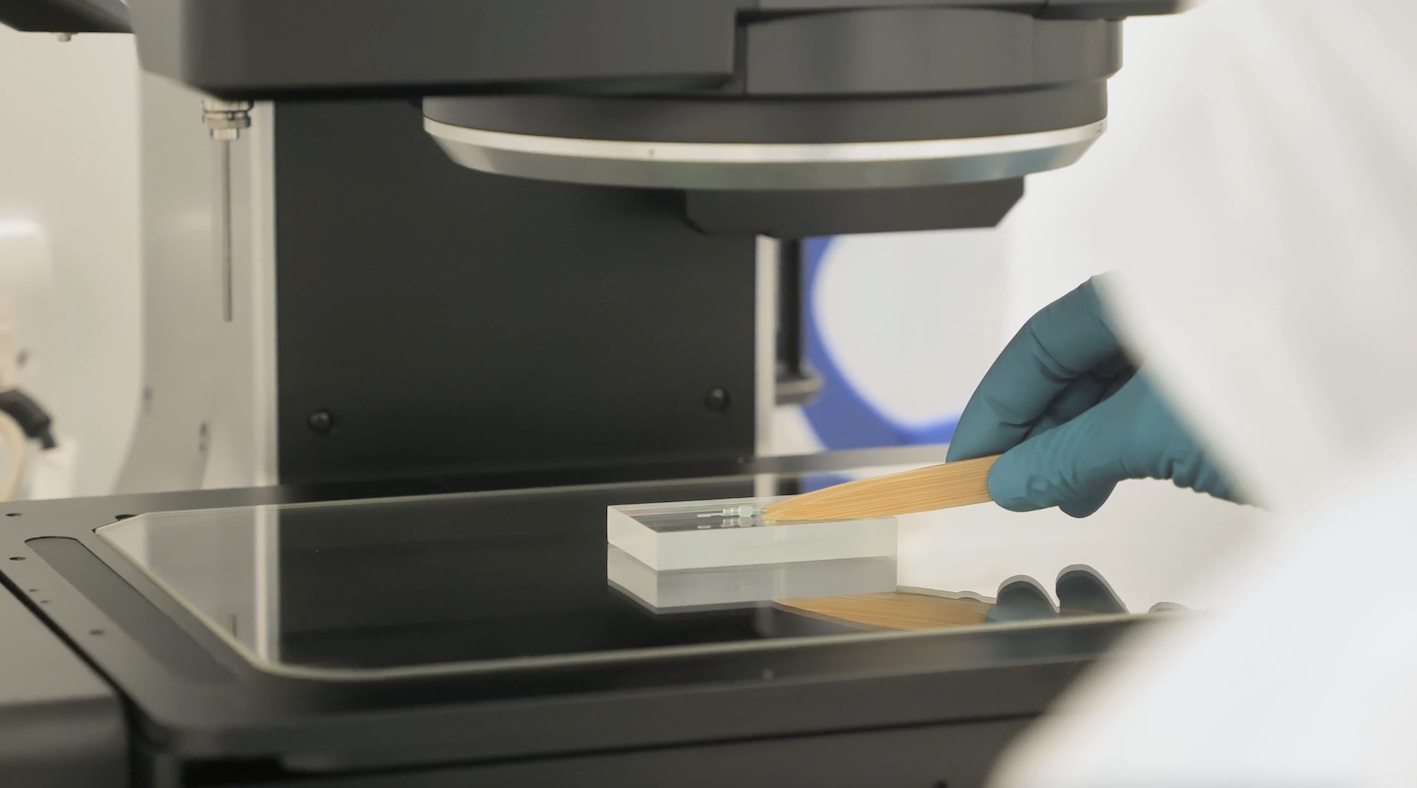
Micro Systems has 20 years of experience in micro mold projects for medical, pharmaceutical and optics markets, from mold design, mold manufacture, micro metrology to micro molding. All our molds are manufactured in house and we can utilize diamond cutting techniques which enable us to produce ultra precision micro features with integrated optical areas and surface finishes as low as 5-7 Nm Ra. Most importantly, Micro Systems has all the necessary metrology equipment required to measure the feature sizes and surface finishes as part of our comprehensive inspection reporting. Micro Systems also has a dedicated mold testing and development area, where we can site customers injection molding machines, inspection, robotics and assembly equipment in order to supply a full turnkey system from start to finish.
- High standards of control – ISO Class 7 Cleanrooms.
- ISO 9001 and ISO 13485
- Pilot moulds to 32 cavity production moulds
- In-house production
- Fast-cycling medical moulds
- Fully validated production moulding
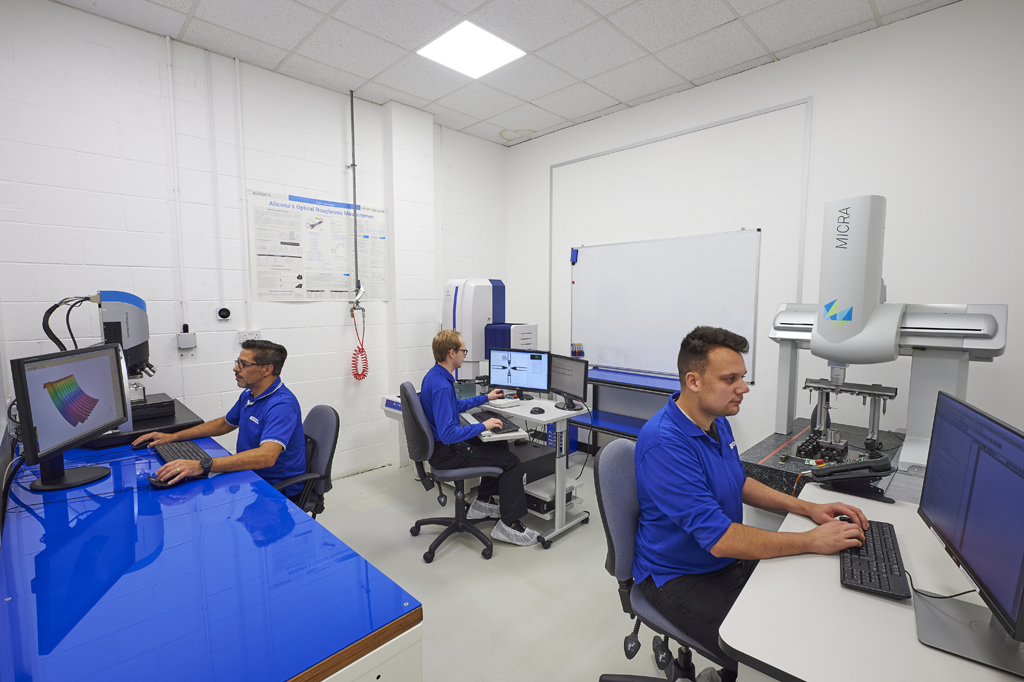
Micro Systems specializes in the design, manufacture and validation of ultra precision micro molds for the medical, pharmaceutical and optical markets, at the same time, the development and use of micro and nano technologies in the design and manufacture of injection molded components. We have a dedicated micro molding facility, and have ISO13485 and ISO9001 certifications, and an ISO Class 7 Cleanroom. For more information, please Contact us or visit our website.

